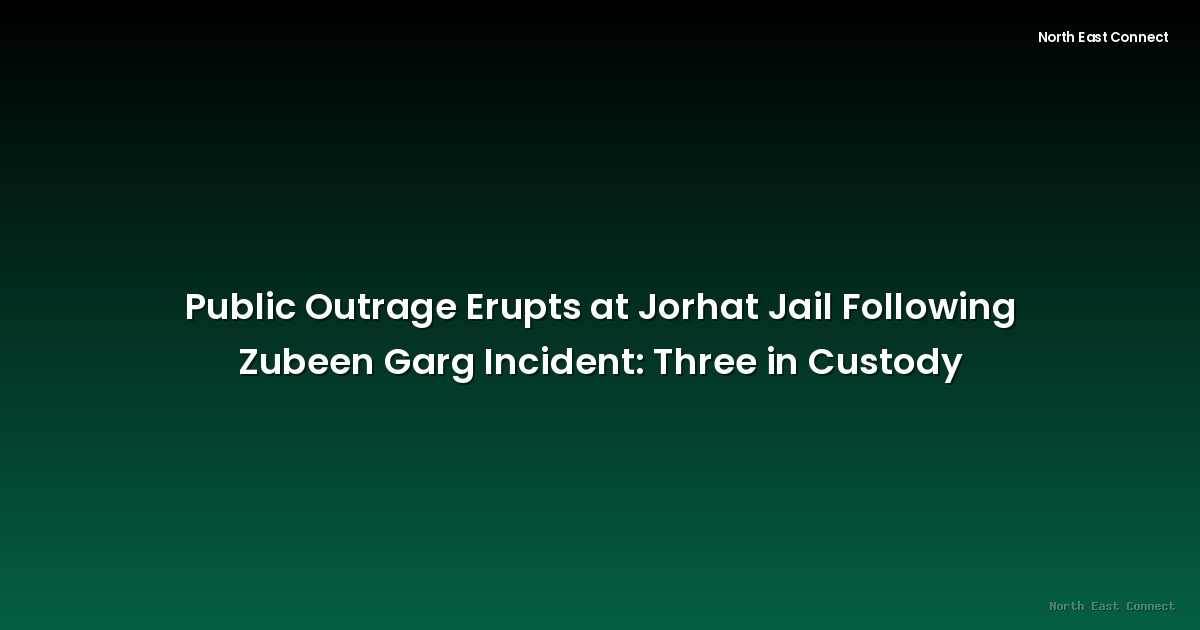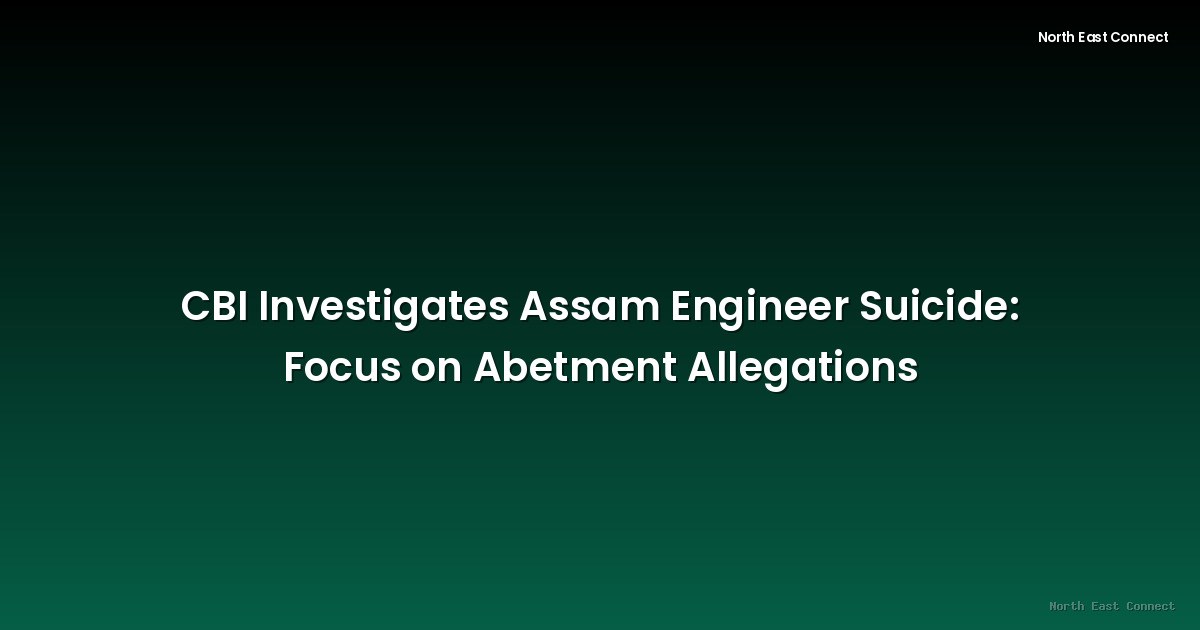2025-09-05 · News
The discovery of a body in Assam’s Brahmaputra River has heightened tensions in the Northeast region of India. The deceased has been identified as a Thadou community leader, his death allegedly resulting from an attack by an unidentified armed group several days prior. While authorities have not yet officially confirmed the cause of death, initial reports suggest foul play, linking the incident to the ongoing unrest and conflict within the region. The retrieval of the body, several days after the alleged killing, has prompted questions regarding the effectiveness of search and rescue operations and the overall security situation in the area.
The location where the body was found, the Brahmaputra River, marks a significant geographical detail, indicating a potential attempt to conceal evidence or hinder investigations. The river forms a natural boundary between states, adding complexity to the jurisdictional aspects of the case and possibly slowing down investigations. The precise location of the discovery remains undisclosed pending a thorough investigation.
The Thadou community, an indigenous group primarily residing in the Northeast, holds significant cultural and political influence in the region. The alleged targeted killing of their leader underscores the deep-seated conflicts and power struggles that continue to plague the area. The incident is likely to trigger further unrest among the Thadou community and could potentially exacerbate already strained relationships between various groups in the region.
Law enforcement agencies are currently investigating the circumstances surrounding the death. While details remain scarce at this time, the involvement of an armed group is suspected, further highlighting the volatile security landscape of the Northeast. Authorities are undertaking a forensic examination of the body to ascertain the exact cause of death and gather further evidence to aid in the investigation. Any potential connections to other ongoing conflicts or political unrest are also being thoroughly explored.
The incident serves as another reminder of the persistent challenges facing the Northeast region, characterized by complex ethnic and political dynamics, coupled with the presence of numerous armed groups. The government’s response to this incident and the broader efforts to address the underlying causes of unrest will be closely scrutinized. The absence of concrete details regarding the perpetrators or their motives necessitates a comprehensive investigation to bring those responsible to justice and prevent further acts of violence.
The ongoing investigation into the death of the Thadou leader is crucial not only for achieving justice but also for fostering stability and peace in the Northeast. The incident underlines the importance of continued dialogue, conflict resolution initiatives, and strengthening security measures to prevent similar occurrences in the future. The long-term implications of this event, particularly its impact on community relations and regional stability, remain to be seen. The outcome of the investigation will significantly shape the narrative and potentially influence future actions by the government and relevant stakeholders.







